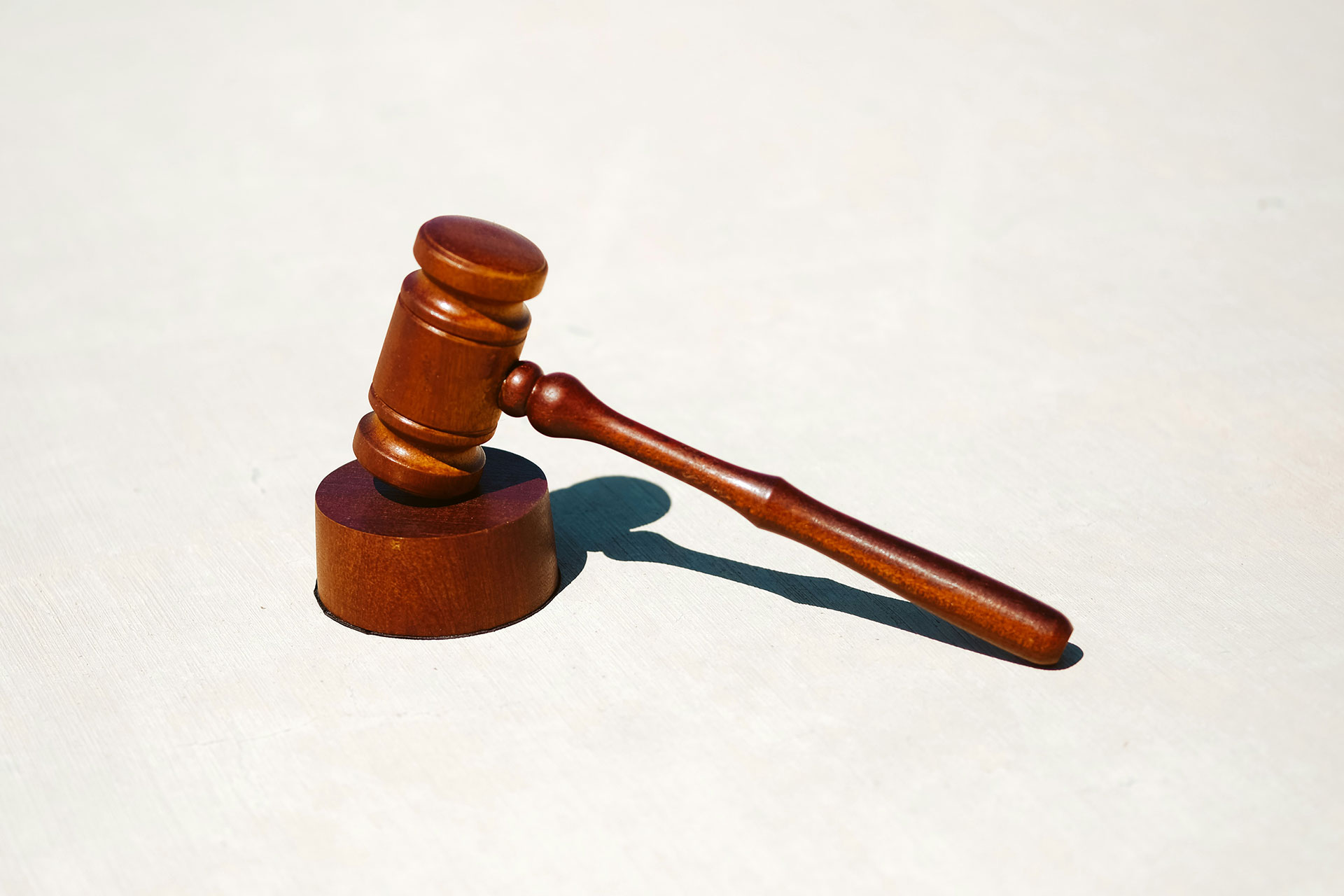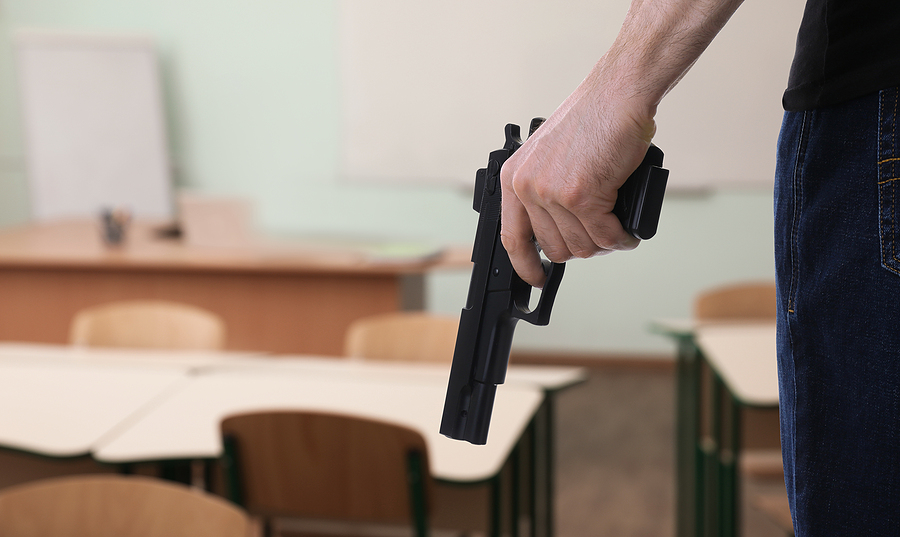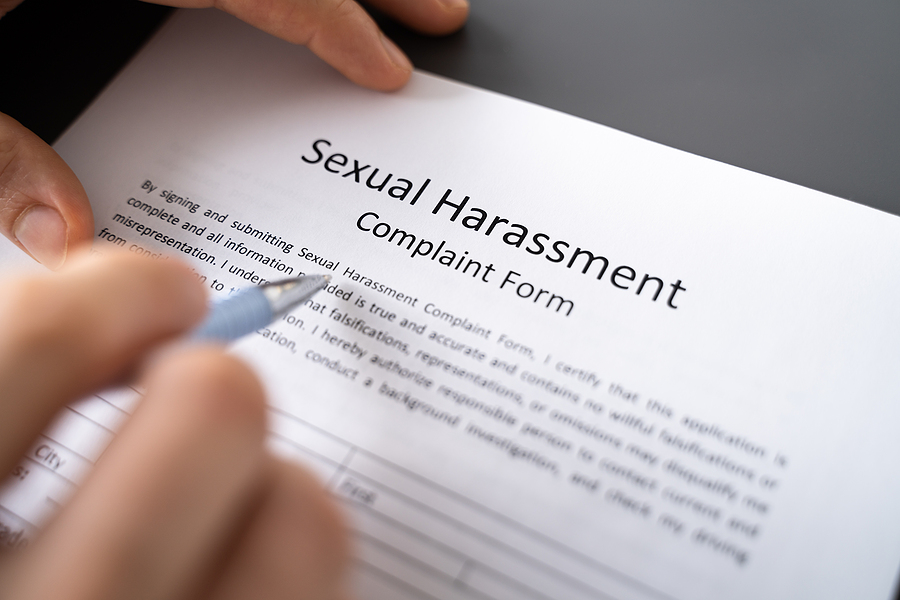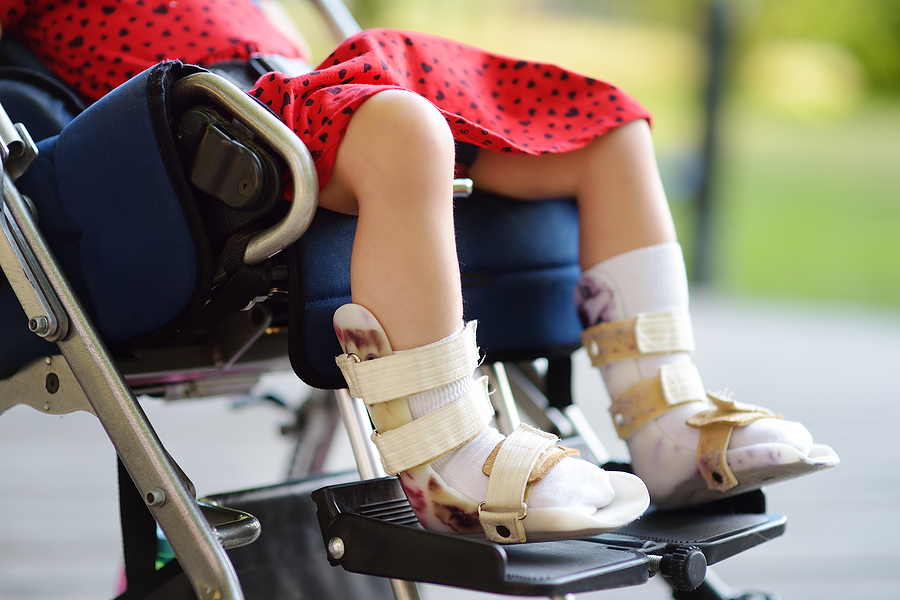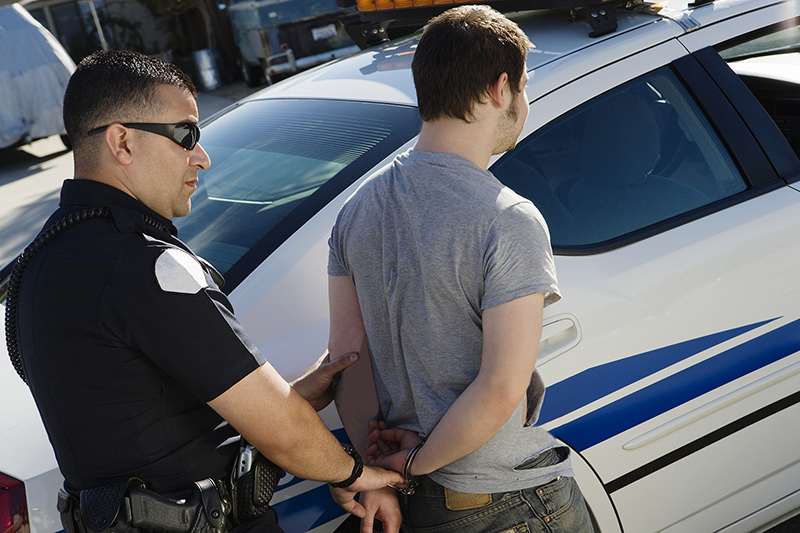At the School Liability Expert Group, we provide expert witness and consultation services tailored to the unique needs of plaintiff and defense attorneys, parents, schools, and child- and youth-focused agencies across the United States and Canada. Our team consists of court-qualified experts in education administration and supervision with extensive experience in a wide range of school and agency-related matters. Our areas of expertise include personnel hiring, screening, and supervision; accident and child injury cases; sexual abuse and harassment; special education programs and services; and school evaluations in custody disputes.
We invite you to explore our Education Expert Blog, where we share invaluable insights gained from years of experience in the education administration field. We have provided consultation and expert witness services to hundreds of law firms across the US and Canada, including but not limited to case review and analysis, expert testimony in court, and comprehensive expert reports.
Schools and child and youth oriented agencies have sought our help in reviewing and improving their administration system to meet the industry’s professional standards and prevent litigation issues. We offer staff training presentations on safety and compliance topics. Additionally, parents have enlisted our help in special education due process matters, and school reviews in child custody matters, in order to find the best school placements for their children.
Whether you are an attorney, school, agency, parent, or someone interested in education liability matters, our education expert witness blog is your go-to resource for understanding changes in education law, children and youth rights, and other topics related to education. Our expertise in this specialized field is unmatched, and we take pride in the processes we have developed.
Our blog provides insights on applicable standards and duty and obtain expert opinions,and case studies on critical issues in education administration and supervision, including but not limited to school shootings, sexual assault, school accidents, bullying, harassment, student violence, student discipline, child supervision, and safety, staff hiring and supervision, school management, school equipment maintenance, school transportation-related injuries, and more. Explore our blog today!



